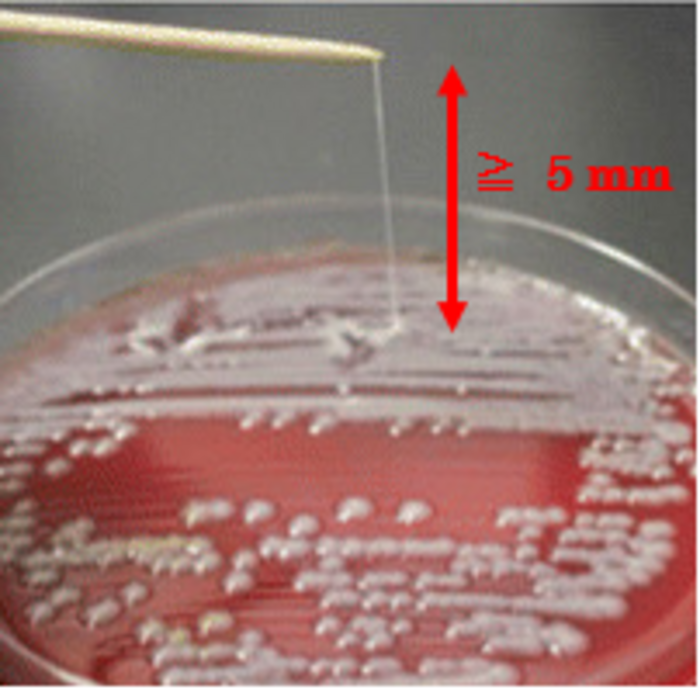Scientists have sounded a warning about the alarming rise of “extremely pathogenic” multi-drug resistant bacteria in war-torn Ukraine.
Researchers tested samples from 150 war-wounded people and found several types of bacteria resistant to broad-spectrum antibiotics, with six per cent resistant to all tested antibiotics.
They narrowed in on samples of the bacterium Klebsiella pneumoniae to assess if it had the ability to cause disease in a wider context.
Klebsiella causes a range of diseases like pneumonia and infections of the urinary tract, skin and wounds, and is responsible for about a fifth of all deaths attributed to drug-resistant superbugs.
Scientists assessed samples from 37 patients known to have drug-resistant bacteria, and sequenced the bug’s genome. “All the bacteria were shown to carry the genes that we know are associated with resistance,” Kristian Riesbeck, an author of the study, said. “We saw that one quarter of them were resistant to all the available antimicrobial drugs on the market. These bacteria are said to have total resistance.”
Such superbugs exhibit an extreme form of antibiotic resistance and are a “growing concern within healthcare”, scientists noted.
Researchers, including from Sweden’s Lund University, warned that infections caused by these bacteria can be “very difficult” to treat.
One reason the Klebsiella infections are hard to treat is that they produce an “extraordinary” amount of mucus, Dr Riesbeck told Science magazine.
In some cases, he said, it can be “impossible to treat with the medicines we have today”.

Scientists also assessed if bacteria taken from patients in Ukraine could spread infection further in an experiment carried out in mice and insect larvae.
“The bacteria types most resistant to antibiotics were also the ones that survived best in mice in connection with pneumonia,” they said.
“Similarly, these bacteria types were so aggressive that they killed the insect larvae considerably faster than the bacteria that were less resistant to antibiotics.”
All the Klebsiella bacteria with total resistance examined by researchers were found to carry genes that made them more virulent.
“We have perhaps underestimated bacteria. We saw that many of these bacteria types from Ukraine are equipped with genes that make them both resistant and virulent,” Dr Riesbeck said.
“Even though the pandrug-resistant bacteria are fighting to survive our antibiotic treatments, they still have a complete set of genes that make them capable of causing disease. This is surprising for us all and unfortunately a worrying sign for the future.”
Such bacteria spreading among the wounded in Ukraine are most likely to continue to survive and cause problems, researchers warned.
“Alarmingly, our findings show that war victims in Ukraine are affected by multidrug-resistant and hypervirulent K pneumoniae,” they wrote.
“This is something that will not disappear over time. As long as the patients cannot be isolated and treated properly, the spread of infection will continue.”







